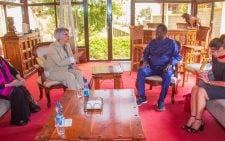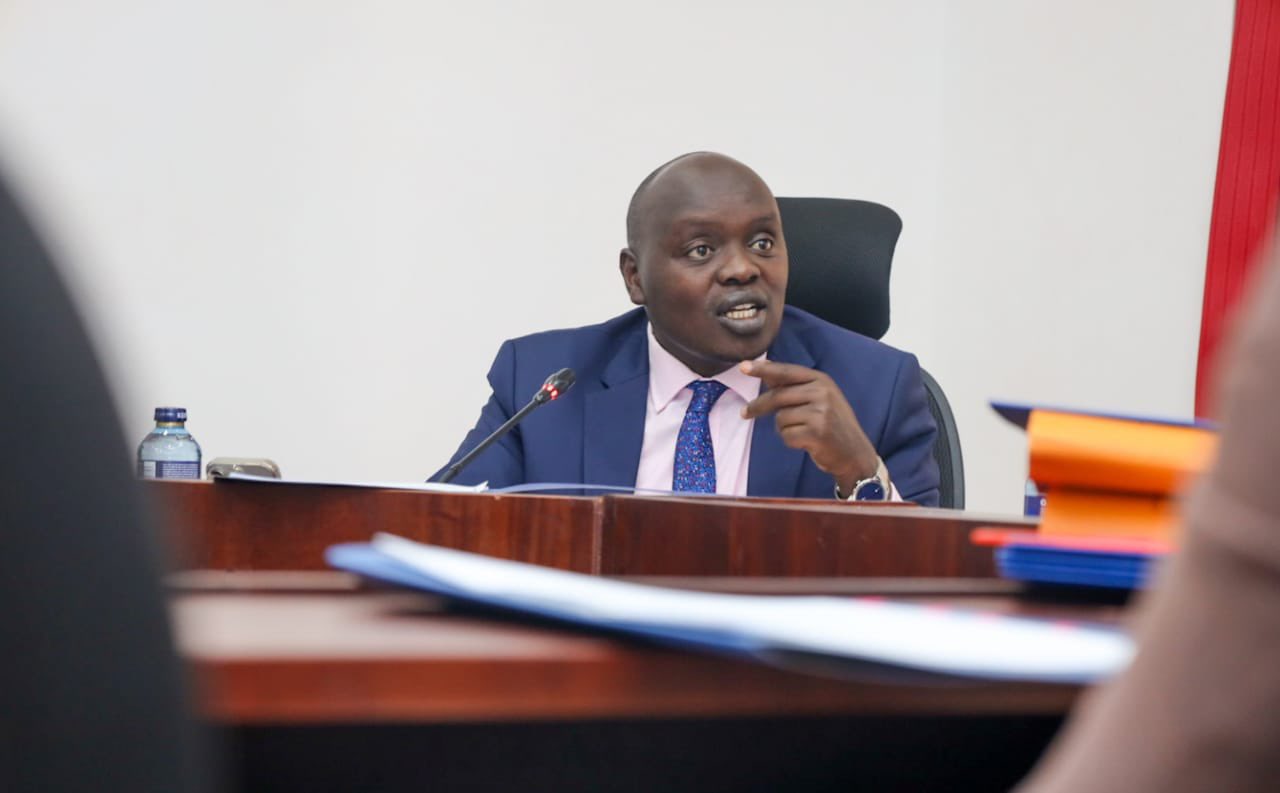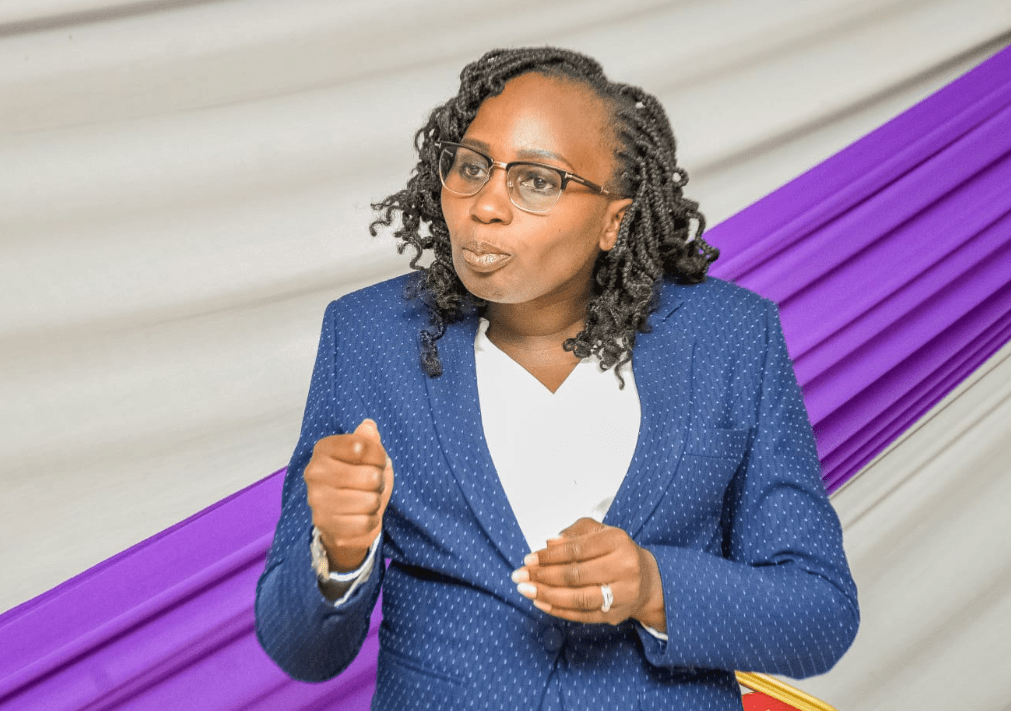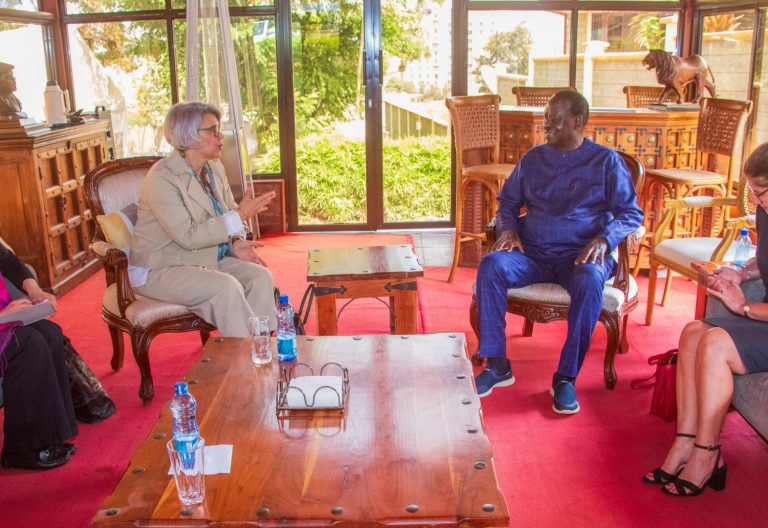Why Russia leads the pack in women empowerment
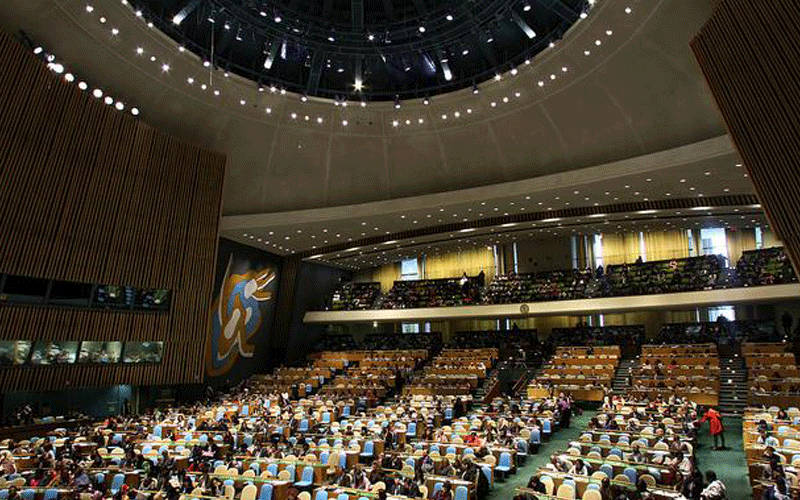
Dmitry Maksimychev
Every year, on March 8 the world celebrates the International Women’s Day. This year is special because we will be commemorating the 25th anniversary of the adoption by the United Nations of the Beijing Declaration and Platform for Action on the status of women.
The celebrations provide us with an opportunity to reflect on the pertinent issue of progress that we, collectively, have achieved in gender equality and women empowerment.
As one of the pioneers in implementing practical gender equality—equal political, economic and social rights of women were guaranteed in its 1918 Constitution and reconfirmed and reiterated ever since—Russia has learnt that true equality of the sexes is only achievable when a consistent policy of economic empowerment and access to productive employment or entrepreneurship is implemented to allow every woman to assert their dignity in society.
But this is impossible without a comprehensive policy of social development for all.
This includes access to high-quality healthcare, education, professional growth, among others.
It is not by accident that the first woman in space was Russian. Valentina Tereshkova’s flight to the Earth’s orbit in 1964 was a result of a very elaborate system of empowerment of women that was created in Russia (then the Soviet Union).
By that time, it became possible for millions of Russian women to realise their potential as, technicians, teachers, doctors, engineers, researchers, scientists, musicians, artists, actors and, of course, wives and mothers.
Today, our policy of gender equality and empowerment of women is based on the pursuit of a harmonious combination of measures to ensure the rights of women and strong support to families and children.
The results of these policies can be gauged by the following statistics. Women in Russia live longer than men (life expectancy is 78.5 years for women and 68.5 for men) and constitute 54 per cent of the population of 146 million people.
Equal access to education has enabled Russian women to acquire skills that enable them to claim high-quality jobs and social status.
For instance, women’s share in labour market is 48.6 per cent, but there is a clear prevalence of women in the most prestigious and respected professions including 82 per cent in education), 79 per cent in healthcare, 72 per cent in civil service, 69 per cent in finance and insurance, 66 per cent in culture, sports, entertainment.
Over the last few years, the number of women in executive positions increased reached 47 per cent. Some 33 per cent of businesses in Russia are owned by women.
To allow women to successfully combine their professional careers with family and children responsibilities, all women have access to free specialised medical care before and during pregnancy, childbirth and after. All children have access to free specialised pediatric health care.
Every mother in Russia is entitled to paid maternity leave of up to three years and guaranteed return to work to the previous workplace. With the birth or adoption of a child, all women are entitled to the “Maternal Capital” (a cash allowance of up to Sh1.02 million). Preschool and school education is universal and free.
Of course, there is room for improvement. Russia’s National Strategy for Women 2017-2022 contains a set of further actions aimed at safeguarding the health of women, promoting their economic advancement, fostering continuous improvement of their income and welfare, preventing social disadvantage and violence against women and advancing their status in general.
Deliberate efforts are deployed to ensure better representation of women in public administration and elected bodies.
We do not have gender quotas, but the overall policy of women’s empowerment and enhancement of the opportunities to fully realise their potential has already resulted in an increase of their representation in the government.
Indeed, the third most senior post in Russia (Chairperson of the upper house of the Parliament) is held by a woman. Two Deputy Prime Ministers are women, seven women hold the positions of head of ministry or federal agency.
The Chairperson of the Bank of Russia (Central Bank) is a woman, as is the Chairperson of the Central Electoral Commission.
Russia’s example is proof the Beijing ideals can be achieved if society as a whole is driven by a common spirit of mutual support for economic and social development.
On this International Women’s Day, I wish all Kenyan women happiness and the realisation of whatever goals and ambitions they have.—The writer is Russian Ambassador to Kenya


